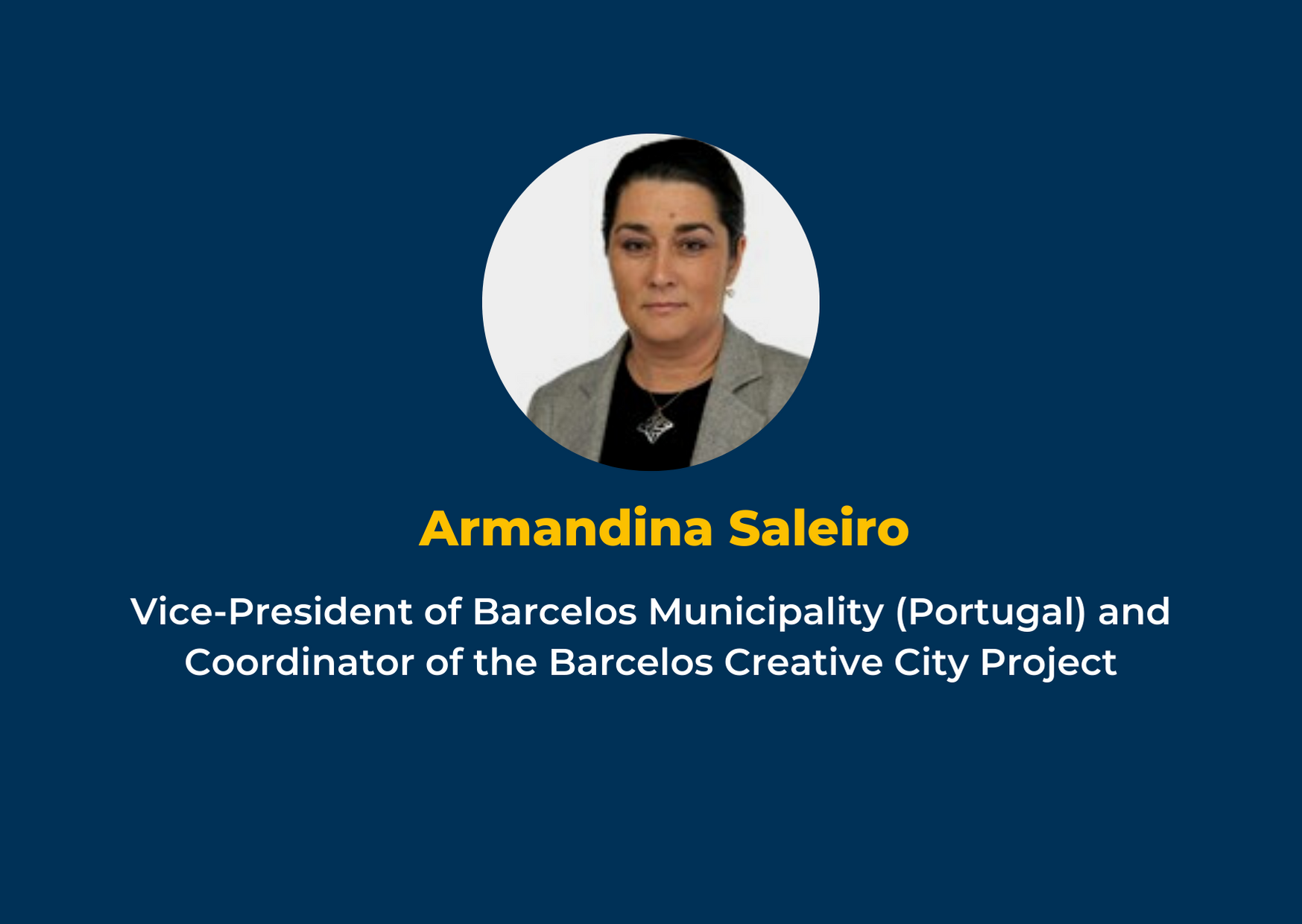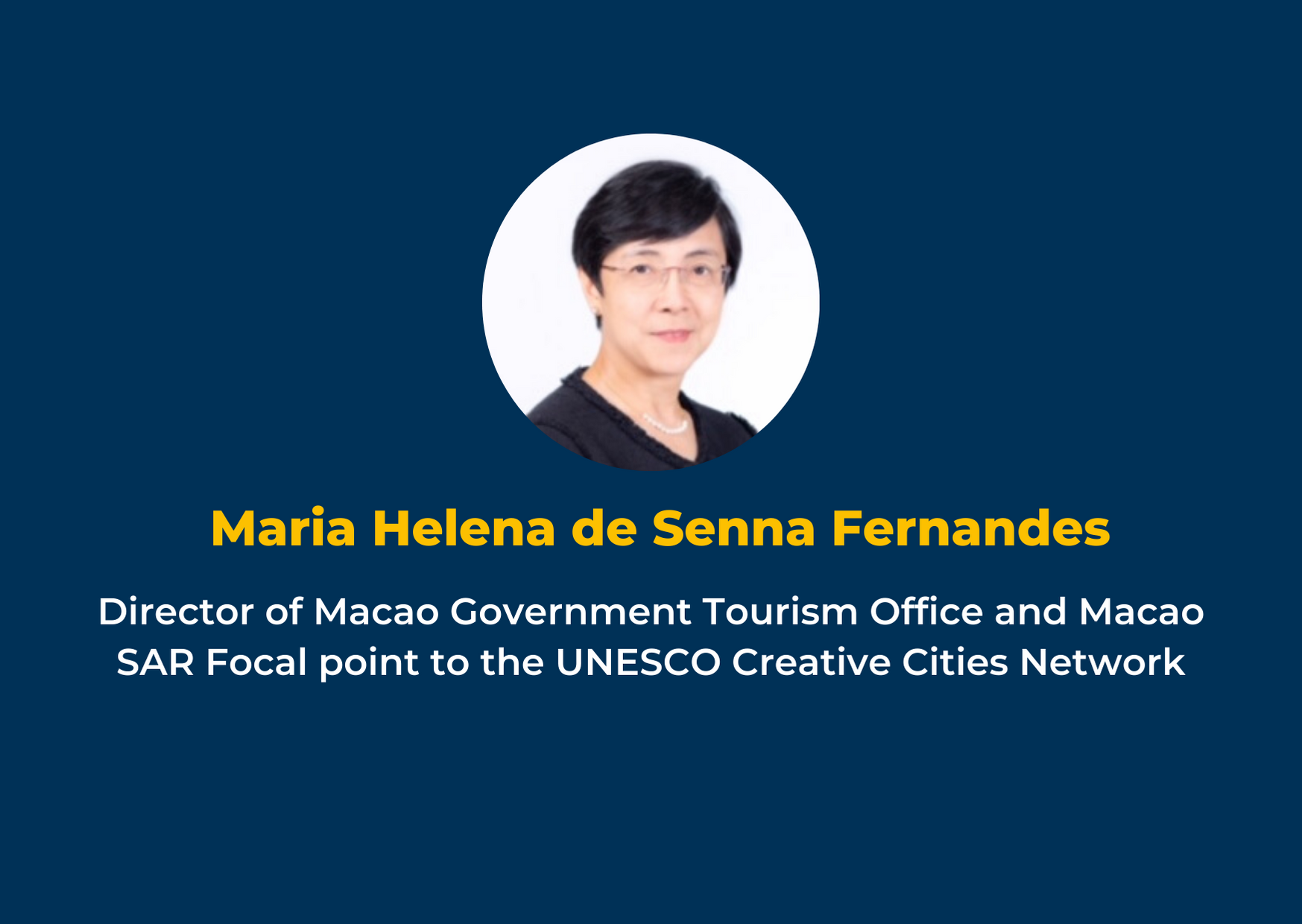
Urban Solutions: Learning from Cities’ Responses to COVID-19
UNESCO Cities Platform Online Meeting
Cities are profoundly impacted by the COVID-19 pandemic, whereby raising fundamental questions about sustainable and symbiotic urban development. The multidimensional nature of the pandemic has left an indelible mark on the outlook of the cities and has led to rethinking cities’ development in different dimensions - social, cultural, economic, and environmental. Being at the forefront, cities have played a central role in the global response to the ongoing pandemic.
The UNESCO Cities Platform (UCP) composed of 8 UNESCO city Networks and Programmes from all its fields of expertise - education, culture, nature and social sciences, and communication and information, have a comprehensive and transversal approach to the Organization’s work in the urban context for the implementation of the 2030 Agenda for Sustainable Development.
In this framework, through the online meeting, UNESCO Cities Platform will bring together a diverse set of urban actors - including mayors, local policymakers, professionals and practitioners, NGOs, international institutions to support city decision-makers in mitigating the impact of the COVID-19 crisis and work towards building sustainable and resilient cities of tomorrow.
The meeting will include three debates and a special session on sustainable tourism. The debates will be structured around interconnected themes that focus on cities’ actions during the different stages of the pandemic, namely:
E-Debate 1: Cities’ Responses to Covid-19 / 1:40 - 2:25 PM CET
Moderator

List of speakers





E-Debate 2: Learning from Early Recovery / 2:25 - 3:10 PM CET
Moderator

List of speakers





E-Debate 3: A More Resilient Future: Imagining the Cities of Tomorrow / 3:10 - 3:55 PM CET
Moderator

List of speakers
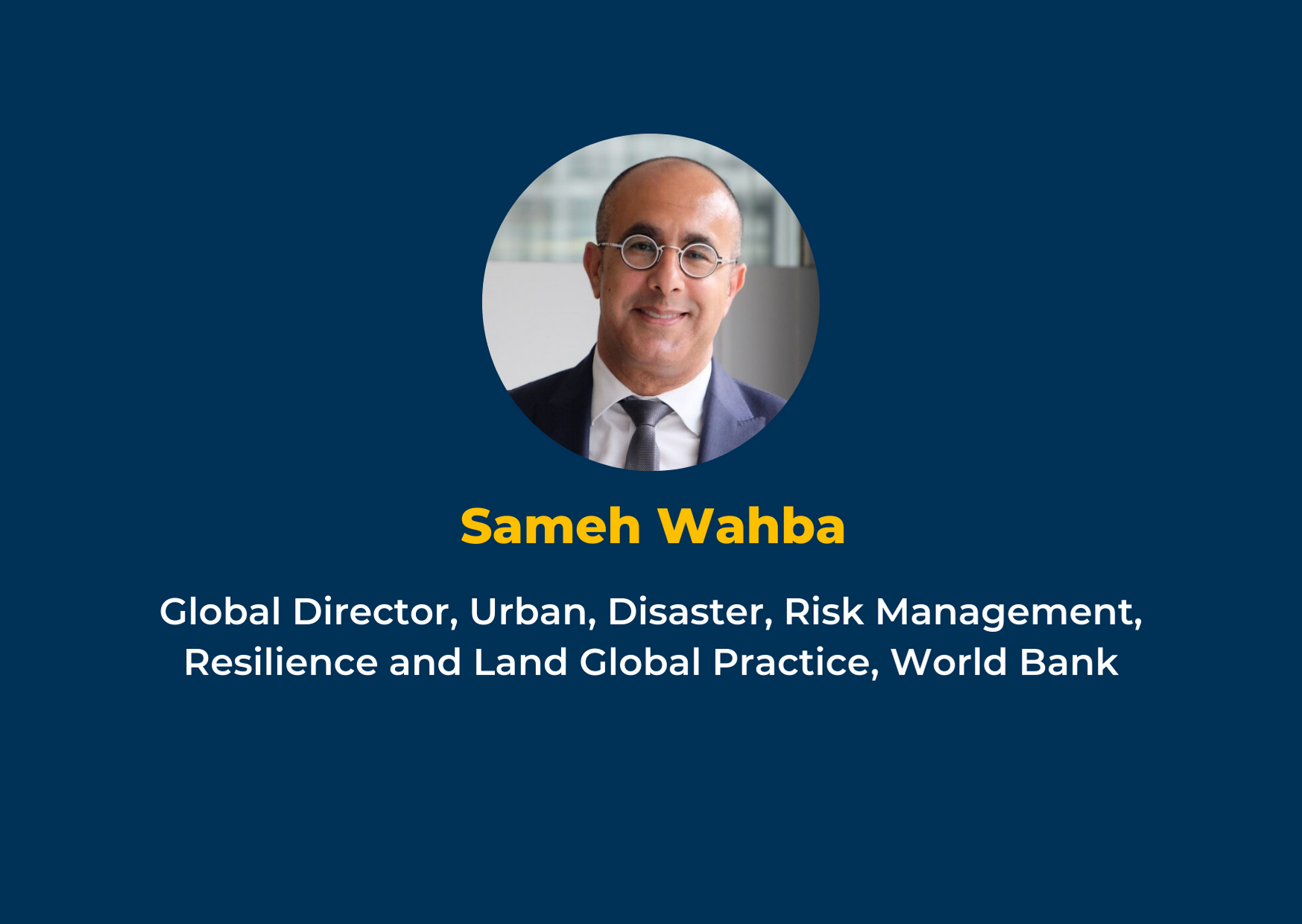
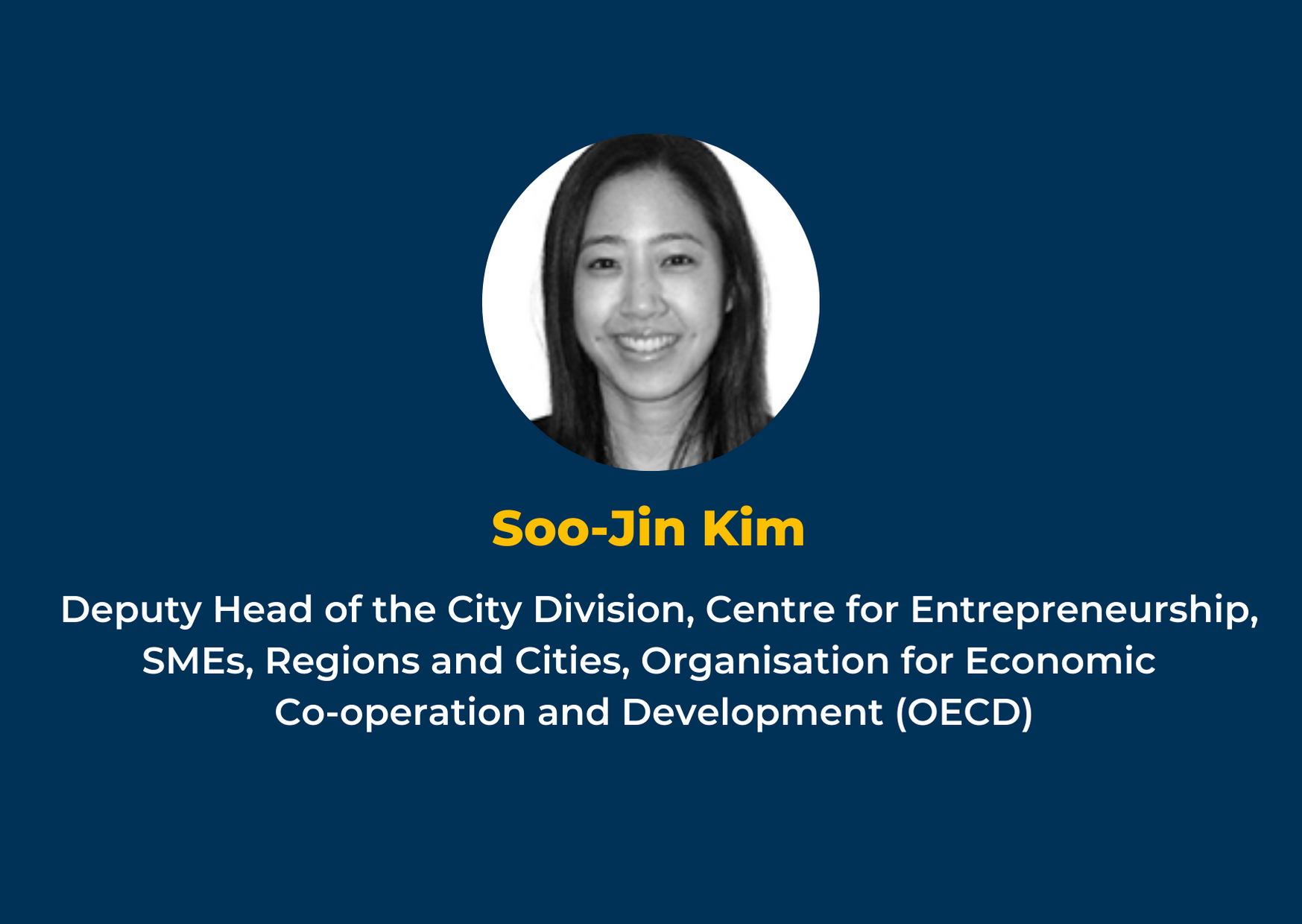


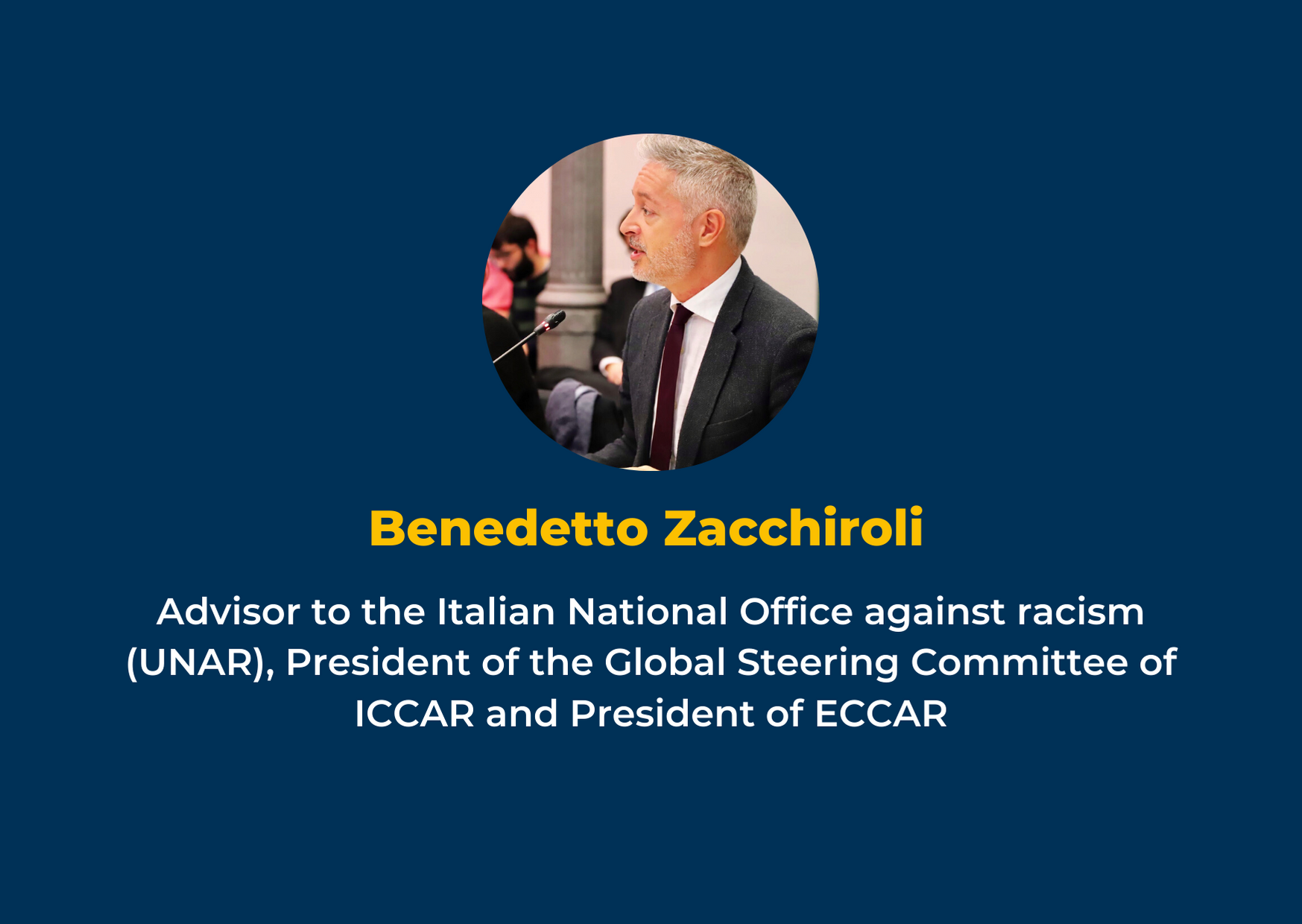

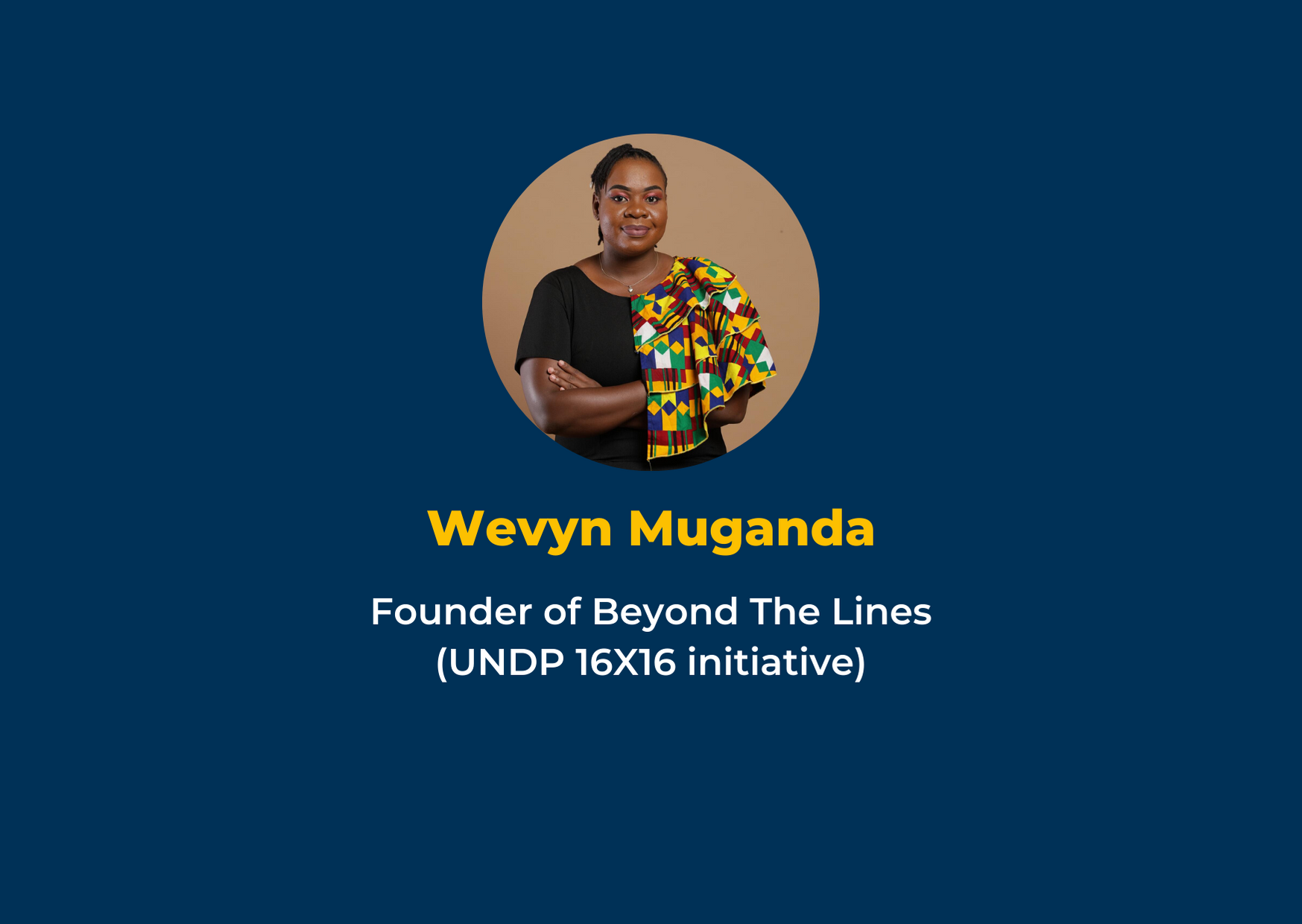
Special Session: Transformative City Tourism / 3:55 - 4:40 PM CET
Moderator

List of speakers


